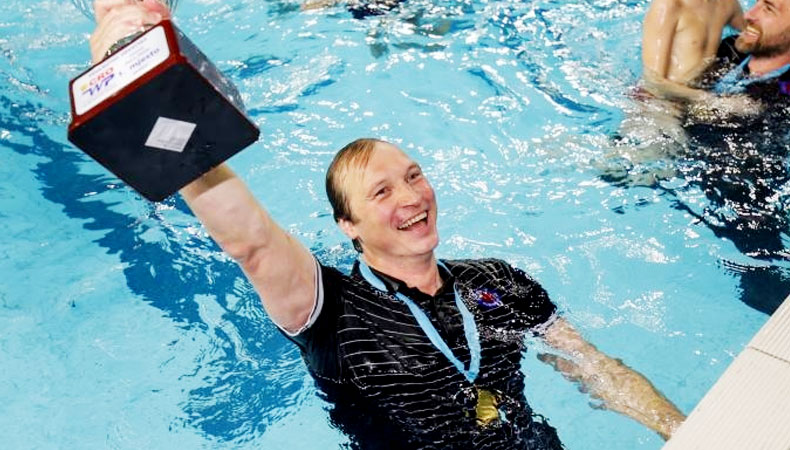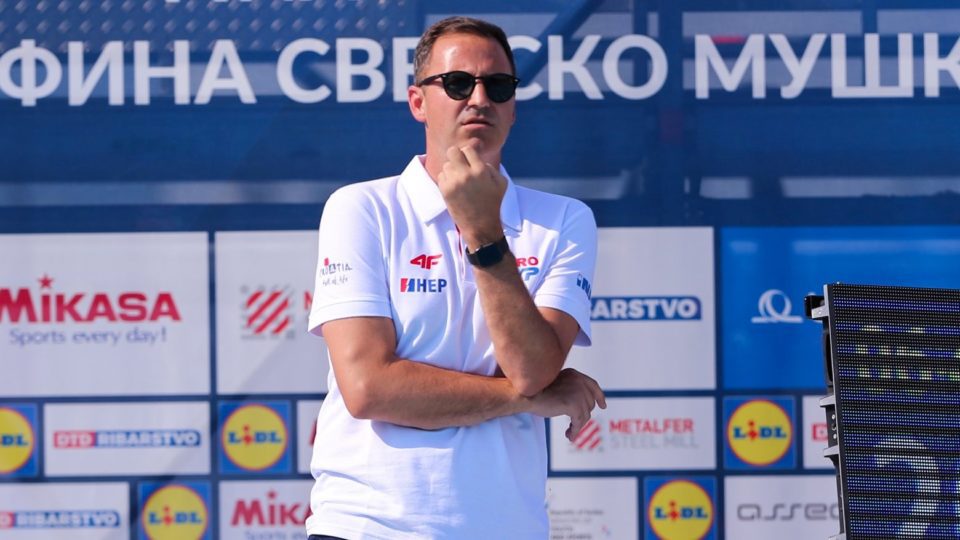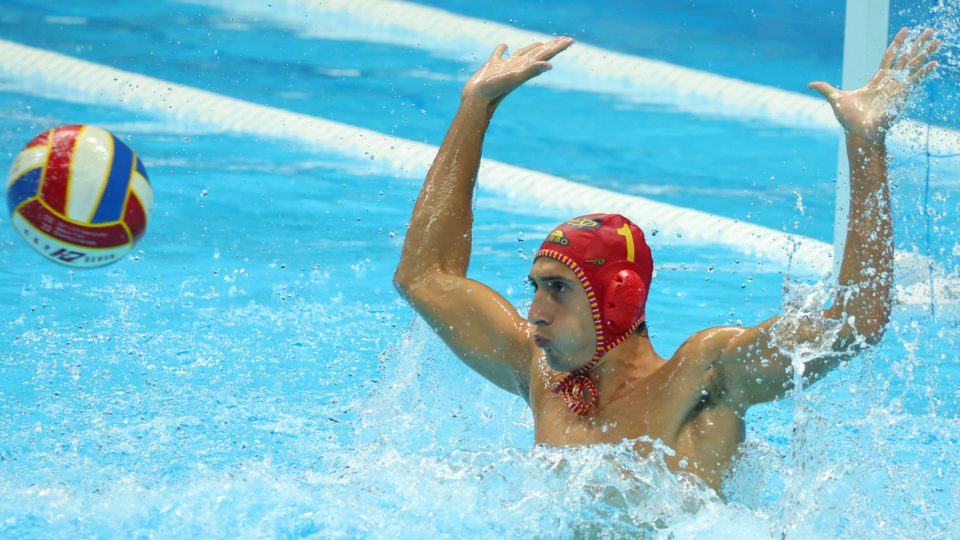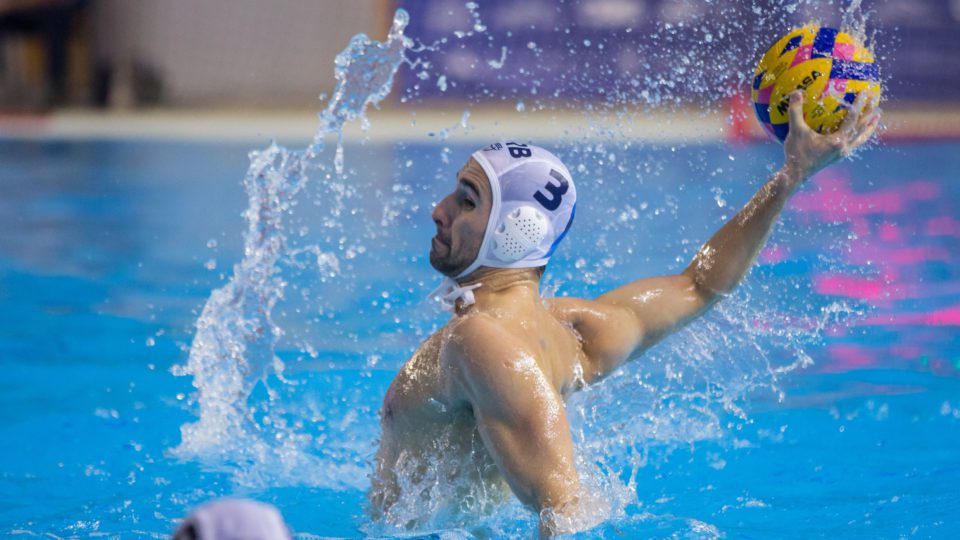We recently published the first part of our interview with Vjekoslav Kobešćak, decorated Croatian water polo player and current head coach of VK Jug Dubrovnik.
In that section, we talked about his former career as an athlete, the Water Polo World Championships in Budapest and touched on the topic of global water polo extension. In this continuation of our big interview, Vjeko shares his thoughts about the development of our sport and his future plans.
What can be done to further promote the sport of water polo?
I believe, that the improvement and balancing of the game level itself is an important segment. What we are definitely missing is more quality national club leagues. I think, that one solution might be to create a few regional leagues across Europe, which would provide a direct placement in the Champions League and the Euro Cup, just like the Adriatic Regional League.
There are clubs in France, Spain, Germany, which are lacking high-level matches within their national leagues. The same is true for Greece and Turkey, which have been investing in water polo during the past few years. I am convinced, that a joined regional league would definitely help them to have more high-level matches during the season. This is just a suggestion though, I don’t know how executable these ideas are.
The Champions League itself is showing signs of improvement on that matter. Let’s hope that it is going to continue like that. The League could start out with a regional admission phase to include more teams while keeping costs down. Then switch to the current format in a second phase.
Talking about global extension, Japan seems to have made a big step forward. How do you like their style of play?
It is very interesting indeed. Such a strong pressing across the whole pool can be very efficient, but it is virtually impossible to keep up for the full duration of a game, not to mention for a whole tournament. They need better goalkeepers and stronger point guards for a more efficient defense, as well as additional defensive solutions.
More experienced teams have shown, that with patience this style of defense can easily be broken. It is interesting to see, that they have developed a system, where they try to compensate for their lack in physical premise, mainly power, and that they are sticking with it even in their junior categories. We will see how much further they can improve until the Olympic Games in Tokyo.
I would also like to mention the Russians. The sport of water polo is missing a strong Russian team. I had the chance to play them with Croatia’s junior national team and their ’93/’94 generation may have been even better than ours. Unfortunately, they were not able to make use of all that great potential, I believe.
Although they managed to make a big leap forward through the past 15 years, I am sure that the Russian water polo has the preconditions to raise generations of athletes, which will be able to compete for medals on every championship.
Could a possible solution be to move water polo into the summer period and onto outside pools and beaches?
This is measure is frequently talked about, but I have not yet seen anybody make a specific plan with all the positive and negative sides of it. Are outdoor pools technically good enough for TV streams? I feel like many are not, as we also have issues with indoor pools already. Let’s take Croatia for example, with tourism as one of their main economic branches. In the middle of the touristic season, accommodation prices would be so high, that even the LA Lakers would probably have a complaint about hotel fees.
Why don’t we follow a summer model other sports came up with? Beach Volleyball, Beach Handball, 3 on 3 Basketball… Today, many team sports have created side projects of their sports and I haven’t noticed any of them doing harm to their older siblings, just the contrary. In some countries, individuals are trying to organize out-door tournaments in that way (3 on 3 on a single goal, 5 on 5 on a small court).
I believe that the governing organizations and national associations should give more support to such projects because they are in fact a step forward in making water polo more popular. Dubrovnik’s very own annual beach championship has been showing a good concept for summer water polo for the past 34 years now.
How can more viewers be attracted to water polo matches?
We talk a lot about how we need to have a bigger audience, more sponsors and TV streams. They won’t appear by themselves. At some point, we will have to invest, in order to get some returns.
First, we need unity in the water polo world. Everything happening regarding the proposition of the new rules is a positive indicator that we can unite. Then we will have to invest into our games to make the sport more understandable for both the viewers at the pool and in front of the screens. Primarily, a lot of effort and money needs to be invested to open channels towards the public and potential sponsors.
Our sport faces the fact, that sometimes neither former water polo athletes nor associates watch it. The reason why is beyond me, because I love this sport too much. But this is something we need to consider, they are part of our audience, too.
What are your plans for the future?
I’m focused on my work in VK Jug, we have excellent conditions here and more importantly a club management that understands water polo. This year we are going to rejuvenate the team on a solid foundation of well-experienced players.
I believe that even with a younger roster, we will still be good enough to defend last year’s successes in the national and regional championships, while a good result in the Champions League always requires a dose of good fortune.
We thank Vjeko for his time and wish him to continue his success story just like during the last two years.






